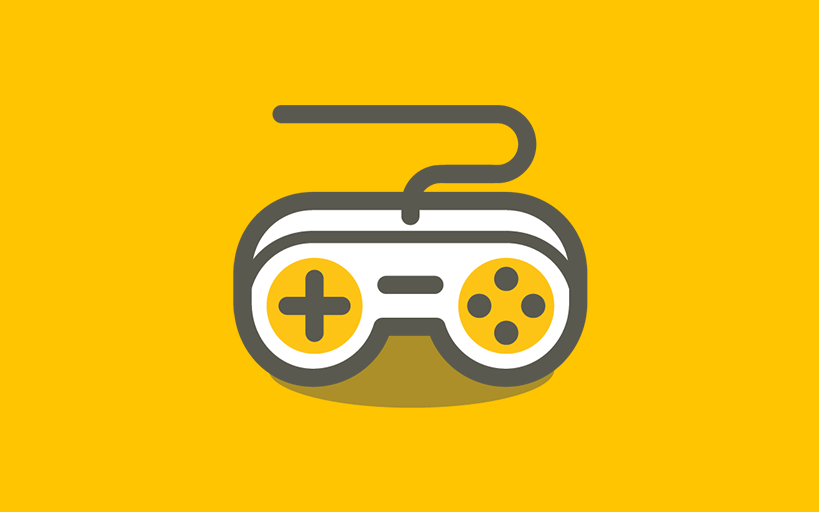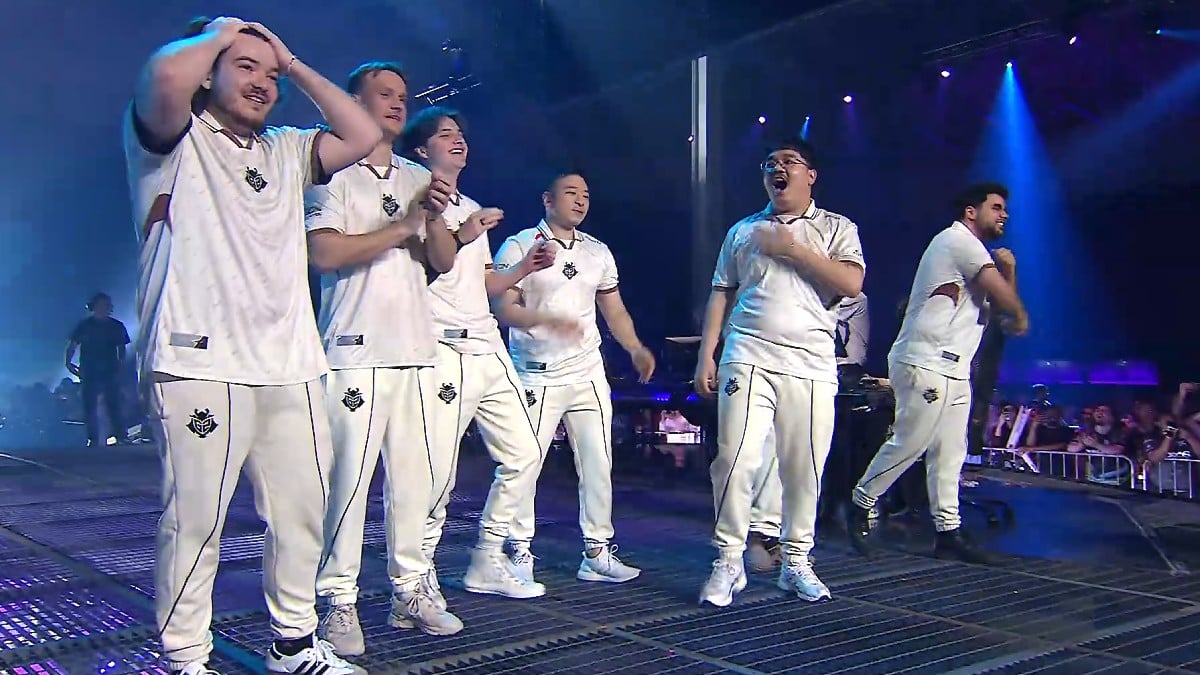
Navigating UK tax obligations for esports players – Menzies
Georgia Gibson-Smith, Tax Disputes and Disclosures Manager at business advisory firm Menzies, writes for Esports Insider to discuss the rules around the taxation of esports income in the UK.
Image credit: Menzies
Esports is an expanding and lucrative area, and where there are opportunities to earn money it is inevitable that HMRC will take a keen interest.
It is important to be aware of the tax implications of earning esports income for individuals through streaming, sponsorship, or tournament wins. This article looks to provide players with peace of mind by highlighting how to keep tax affairs up to date.
EA Sports FC 24 joins the Esports World Cup
Red Bull Gaming and CHEW Productions bid farewell to CS:GO with esports documentary
True Gamers unveils plans to create $280m esports island
The basics
Esports income can come from various sources, ranging from smaller ad hoc payments like streaming income and donations that can be received from platforms like Twitch and YouTube, to more substantial sponsorships, endorsements, or prize money from tournaments.
If individuals are earning money through any of these channels, even if they do not anticipate owing any income tax, it is highly likely that they will be required to disclose their earnings to HMRC if activities amount to carrying on a trade.
Whether there is a trade will depend on a range of factors, including for example how much time is spent on the activity, the frequency of the activity, and whether there is an intention to make a profit. In practice, HMRC will often view esports players as engaging in a trade, particularly where prize money is available when playing in professional tournaments.
If income surpasses the trading allowance threshold, currently £1,000 per tax year (ignoring expenses), then individuals must register their esports activities as a self-employment business with HMRC. This applies regardless of age and still applies if an individual holds a salaried job where tax is deducted at source under PAYE for example. Simply put, it may not always be clear that a player is operating a separate business.
If taking part in esports activities overseas, tax may be withheld from any international earnings, such as prize money received from tournaments abroad. It’s important to understand if any overseas tax has been deducted so that an individual can avoid double taxation and claim any relevant foreign tax credits in the UK. Documentation received relating to payments should make clear whether tax has been deducted, but if a player is unsure, check with an accountant.
Image credit: Shutterstock
What to do if a player earns more than £1000 from esports income outside of employment
Notifying HMRC of ongoing esports income: For those earning more than the £1,000 trading allowance, the first step is to register as self-employed with HMRC by October 5th following the end of the tax year. The tax year runs from April 6th to April 5th. Individuals must then file a UK self-assessment tax return and pay any income tax due by January 31st annually. For example, if individuals start earning income from esports in January 2024, they will need to notify HMRC by October 5th 2024, and file their first tax return and pay income tax due by January 31st 2025, and annually thereafter.
Addressing past oversight and rectifying tax obligations: In instances where individuals have received esports income over several years without notifying HMRC, it is crucial to come forward and make a disclosure to HMRC. Usually, this would be through HMRC’s Digital Disclosure Service, which facilitates the voluntary disclosure of historic tax liabilities. It is recommended to seek professional guidance in making the disclosure in order to help streamline the process and minimise disruption and stress.
What to do if individuals need to declare esports income to HMRC
Being proactive is key if you need to address a potential tax liability. HMRC’s powers to gather data from external sources are only increasing over time, and from January 2025 online platforms will be obliged to report their customer data to HMRC in respect of the 2024 calendar year. So, it’s a fair assumption that sites, such as Twitch and YouTube will eventually be sharing the data they hold on individuals with HMRC directly. Delaying a disclosure could lead to higher penalties and loss of control over the disclosure process if HMRC writes to you before you come forward, so don’t wait for HMRC to contact you first.
How can Menzies help?
Menzies’ tax experts specialise in assisting clients with tax disclosure matters. The Menzies Tax Disputes and Disclosures team has helped thousands of clients with voluntary disclosures over the years, and knows how to resolve these cases quickly, causing minimal disruption and stress. If individuals have queries or concerns regarding esports earnings, Menzies’ team is equipped to provide tailored guidance and support.
Call Menzies’ 24/7 hotline for a free and confidential consultation on 07813003194, or email Georgia Gibson-Smith.
This article was written in collaboration with Menzies





